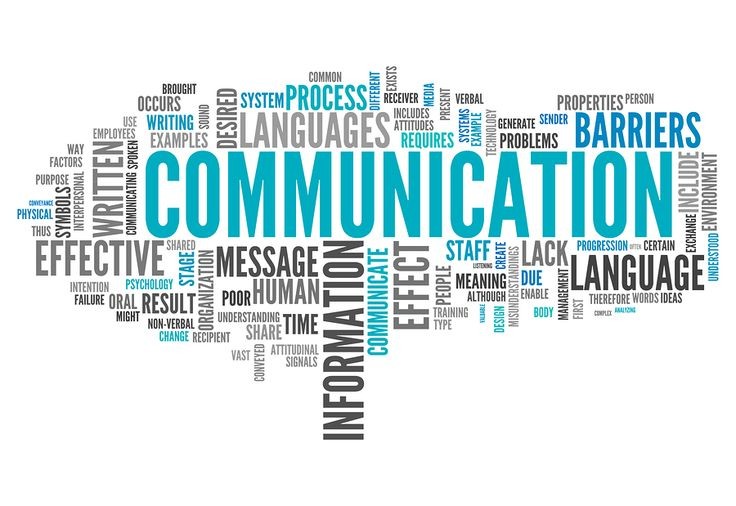Tips on how to improve your Verbal Skills
- 09/04/2024
- Posted by: Yashita
- Category: CAT Preparation


Effective verbal communication is necessary in almost every field of life. You need good communication to do everything efficiently, from performing your job properly to ensuring your personal life functions smoothly as well. Many people struggle with their verbal skills due to a limited vocabulary or lack of confidence, but it won’t take much in understanding a few important details, in order to enhance your communication charisma.
Step 1: Preparing your brain for a conversation
Prepare mental notes first:
You should always have a topic in hand about what you are going to talk about. This presents you with confidence and makes you intellectual in the eye of the listener. It can be very helpful to jot down some ideas ahead of time so that you don’t forget the key points, to help you figure out what you want to say.
- Majority of people lack verbal communication skills due to embarrassment and fear of being misunderstood. To get enhance your communication skills, it’s important to have a calm stable mind in order to overcome that fear and speak your mind without the fear of miscommunication with the other person.
- If you’re getting ready for a social event, it will benefit to come up with a few topics in advance that would be good for small talk, like something seasonal or something related to the event you’re attending, that will help you engage with
Practice in the mirror:
All skills take practice, and good conversation skills are no different. If you have a big speech to give or an important conversation coming up, it can be helpful to practice it with yourself in the mirror beforehand. This way, you’ll at least have a run through in your mind already before you attempt the real thing. And it will help you work out any possible problems that may arise (in your argument, stumbling over words, etc.)
Read a lot:
The more you know about a topic, the better you’ll be at talking about that topic. Reading will help you enhance your knowledge and will boost your diction in the process. It helps you learn new words and thus expands your vocabulary to articulate your thoughts better. Reading makes people aware of a language’s pattern, sound, and grammatical structure. This will lead to better speaking and listening skills.
Step 2: Communication in informal setting
Make eye contact:
This technique is so important, but many people forget about it when speaking to people. It shows attentiveness and interest in what’s being said. Increased eye contact is associated with credibility and dominance, so it is important to maintain solid eye contact when speaking to someone.
- If you’re someone that’s usually too overstimulated to make eye contact due to anxiety, know that you’re not alone. That said, being able to look into somebody’s eyes definitely has benefits in providing connection for the two of you.
Smile (Maintaining positive facial expression) :
Communication requires building bond with the other person, and here the facial expression plays an important role forming a bond. Something as a simple Smile can completely change the way a conversation goes. Smiling helps us form and sustain interpersonal relationships, hence, it is an essential part of communicating with others.
Practice relaxed body language:
Another factor that effects communication is if you appear uncomfortable, the communication bond may get broken. Hence, your body language should appear relaxed. This means that you should not cross your arms or stiffen your body or constantly looking at your watch or phone, may appear lack of attention from your side. Keeping your arms open invites reciprocated communication rather than sending a message of being closed and unreceptive.
- Even if you’re not relaxed or comfortable, remember that not all interactions will be pleasant or comfortable. If it’s a topic that you’re willing to talk about, it might be worth having uncomfortable conversations at times.
Avoid harsh tones:
Your tone of voice can be an immediate deciding factor for how someone interprets what you say. You could say a phrase in a positive tone and someone would interpret it positively, while saying the same thing in a harsh tone would lead to a negative interpretation.
- While it’s good to be direct, speaking in a softer and more agreeable way may endear more people to you.
Don’t Get off on tangents:
Verbal communication is different from other forms of communication in that it is easier to get off topic, which can make it hard to remember what the conversation was really supposed to be about. This is confusing for your listener. So, stick to the topic.
Show confidence:
Before you start talking, you should be confident that you can achieve the goal you have for engaging in this conversation. If you are unsure of yourself, your conversation partner will be less receptive to your message.
Step 2: Speaking in public
Be concise and clear:
Do not add irrelevant elements in your speech. Get to the point and say what you mean so that your listener can respond accordingly.
Don’t get off on tangents:
Verbal communication is different than other forms of communication in that it is easier to get off topic, which can make it hard to remember what the conversation was really supposed to be about. This is confusing for your listener. So, stay on topic.
Be considerate:
Always include a consideration for your audience/listeners when planning out a speech or thinking about an upcoming conversation. You don’t want to say something that might be taken the wrong way or offend your audience.
Make eye contact:
Making and maintaining eye contact is crucial when speaking to people, whether one-on-one or in a group setting. It shows attentiveness and interest in what’s being said. Increased eye contact is associated with credibility and dominance, so it is important to maintain solid eye contact when speaking to individuals or to a group.
- Note: When you are addressing a crowd, you should not look at one for more than 5 seconds. This is too personal/intimate for a group setting.

Smile:
Practice smiling while you speak. This is especially important when addressing groups of people because it is a simple way to build a foundational relationship with people you may not have any one-on-one interaction with. Smiling helps us form and sustain interpersonal relationships[8] , so it is an essential part of communicating with others.
Do not speak in a hurry, as it will make the listener think that you are confused or that you don’t know what you’re talking about. Speak slowly and confidently.
Avoid sarcasm:
From the standpoint of a listener, a sarcastic remark requires a process of decoding and interpretation before they can understand what has been said, what has been meant, and if the two are the same.
Try to incorporate humor:
Everyone likes to laugh, so humor can be a great way to lighten up your conversation and make your listener more receptive to your message.
Conclusion
Therefore, altogether it revolves around confidence and manner of speech that helps you interact with others. Try to think of 3-4 small talk topics and share interesting facts.
